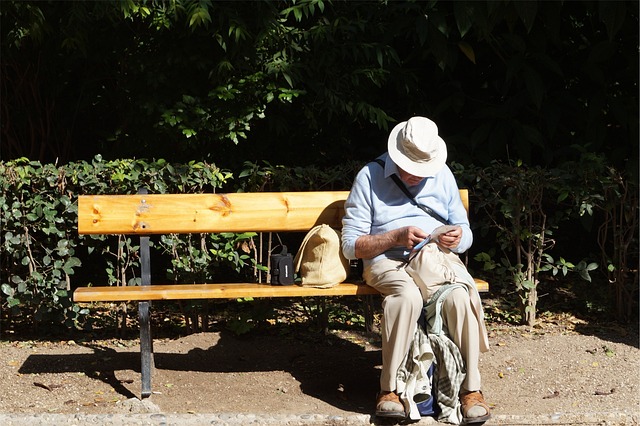Elderly companion services are essential for enhancing the social and emotional well-being of seniors, offering tailored company that aligns with their preferences and capabilities. These services help combat loneliness, assist with daily tasks, and promote cognitive function while providing emotional support to mitigate feelings of depression and anxiety. They enable elders to maintain independence and age with dignity in familiar home surroundings, contributing significantly to their quality of life. With an aging global population, these services are increasingly important for providing meaningful social interaction and companionship to those who might otherwise face health-related isolation or mobility constraints. By engaging seniors in activities that resonate with their interests, elderly companion services foster a sense of purpose and overall well-being, offering a vital element within the framework of aging support. They also alleviate pressure on healthcare systems and provide compassionate care in the comfort of home, making them an integral aspect of modern society's strategy for addressing the challenges of an aging population.
As our population ages, the need for companionship among seniors becomes increasingly significant. Elderly Companion Services emerge as a vital pillar in modern society, offering more than just company—they provide a lifeline to well-being and independence for the elderly. This article delves into the profound impact of these services on seniors’ health, happiness, and daily lives. We will explore the various forms of companion care available, from in-home assistance to social engagement programs, and specialized support for those with dementia or Alzheimer’s. Understanding the nuances of choosing the right service and the training behind professional companions is crucial. Through case studies, we witness real-life success stories that highlight the transformative effects of these services. Technology’s role in enhancing companionship, legal considerations, fostering community connections, and the power of volunteerism are also examined. Join us as we navigate the multifaceted world of Elderly Companion Services, ensuring our loved ones thrive in their golden years.
- Understanding the Importance of Companionship for Seniors
- The Role of Elderly Companion Services in Modern Society
Understanding the Importance of Companionship for Seniors

As individuals age, the need for meaningful companionship often becomes more pronounced. Social interactions are a cornerstone of mental and emotional well-being, and for seniors, these connections can significantly enhance their quality of life. Elderly companion services are designed to address this fundamental human requirement by providing regular, engaging company tailored to the preferences and abilities of each senior. These services not only combat loneliness but also offer practical support with daily tasks, fostering a sense of independence and self-worth. The presence of a companion can lead to numerous benefits, including improved cognitive function, as social engagement has been linked to sharper mental acuity and a lower risk of dementia. Furthermore, the emotional support from a consistent companion can alleviate feelings of depression and anxiety, contributing to an overall healthier lifestyle for seniors. Through personalized visits that offer both companionship and assistance with activities of daily living, elderly companion services play a pivotal role in enriching the lives of older adults who wish to age with dignity and grace in the comfort of their own homes.
The Role of Elderly Companion Services in Modern Society

As populations around the world continue to age, the role of elderly companion services within modern society has become increasingly significant. These services are designed to provide social interaction and companionship for seniors who may be isolated due to health issues, mobility challenges, or the loss of loved ones. Professionals in these services offer not only conversation and engagement but also assist with daily activities, ensuring that elderly individuals receive the support they need to maintain their independence and quality of life. This human connection can be pivotal in combating loneliness, a growing concern among the aging population that has profound effects on both mental and physical health. Moreover, these companions can facilitate meaningful activities tailored to the senior’s interests, fostering a sense of purpose and well-being. They also provide peace of mind for families, who can rest easier knowing their loved ones have regular interaction with empathetic and caring individuals. As such, elderly companion services are an integral component of modern society’s approach to aging, offering a safety net that supports the holistic health and happiness of seniors in their own homes. These services not only alleviate the strain on healthcare systems but also enrich the lives of the elderly by providing them with consistent, compassionate companionship.
In conclusion, the importance of companionship for seniors cannot be overstated; it is a fundamental aspect of maintaining mental and emotional well-being. Elderly companion services play a pivotal role in modern society by addressing the social isolation that many older adults face. These services offer not just companionship but also a lifeline to those who may be physically or socially isolated, ensuring they receive the support and interaction necessary to thrive. As our populations age, the need for such services will only increase, making it imperative to continue advancing the role of elderly companion services within our communities. By doing so, we can enhance the quality of life for seniors and ensure that their golden years are filled with connection, care, and companionship.
